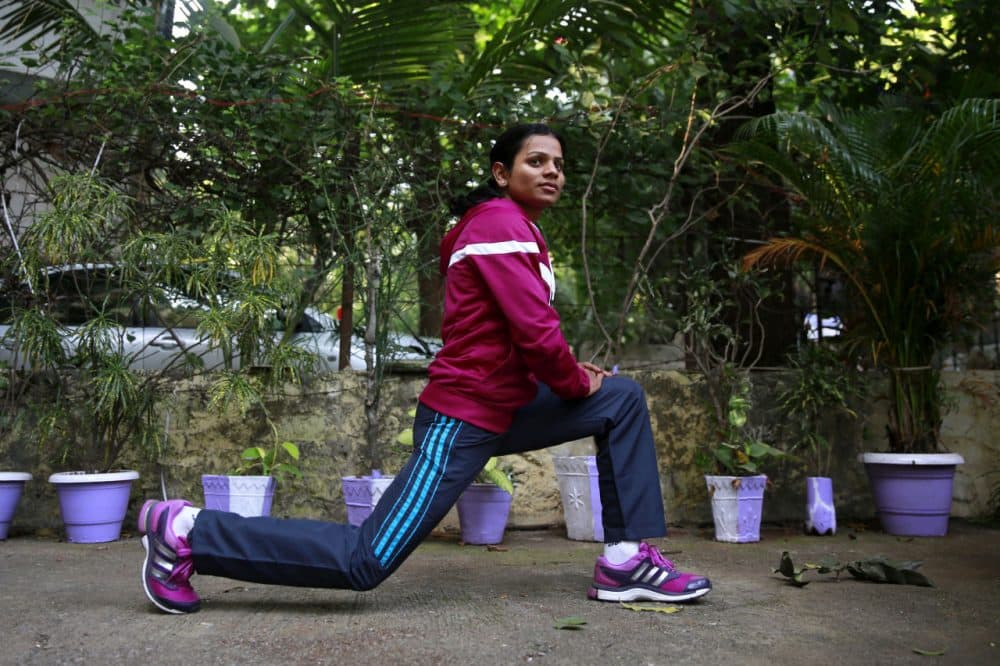Advertisement
Hyperandrogenic Sprinter Wins Right To Race

Sport's highest court — the Court of Arbitration for Sport -- has made a landmark ruling: the natural level of testosterone in an athlete's body is not sufficient to ban a woman from competing against other women.
Last fall, Indian sprinter Dutee Chand challenged the International Association of Athletics Federations rule that barred her from competing against other women because she has naturally high levels of testosterone. With Monday's ruling, Chand, 19, has won back that right.
Chand was a member of India's delegation to the 2014 Commonwealth Games when she was removed from the team and tested for hyperandrogenism — the presence of high levels of testosterone. Tests confirmed that she had naturally high levels of testosterone, above a limit set by the IAAF. Chand had two options: she could lower her testosterone level — through hormone-suppressing drugs or surgery — or cease competing. Chand refused drugs and surgery, telling reporters last fall, "I want to remain who I am and compete again."
On Monday, nearly a year after she was barred from competition, the CAS released their ruling. The court panel of three lawyers said:
In the absence of such evidence, the CAS panel was unable to conclude that hyperandrogenic female athletes may benefit from such a significant performance advantage that it is necessary to exclude them from competing in the female category.
The ruling suspends the IAAF's "hyperandrogenism regulations" for the next two years. The IAAF will have up to two years to provide more persuasive evidence that "enhanced testosterone levels and improved athletic performance" are connected.
In 2014, Only A Game spoke to Juliet Macur of the New York Times about the significance of Chand's case:
This is really one of the most complicated issues I’ve ever written about. There’s so many nuances to it. They’re not saying that she’s not a woman, but she can’t compete with other women, which sounds actually quite nonsensical when you think about it.
...
I’m really, really interested in following this case because I don’t know what the answer is. And in fact some of these scientists don’t know what the answer is. Who is a woman and who is a man isn’t as easy as we think it is, especially when it comes to sports.
